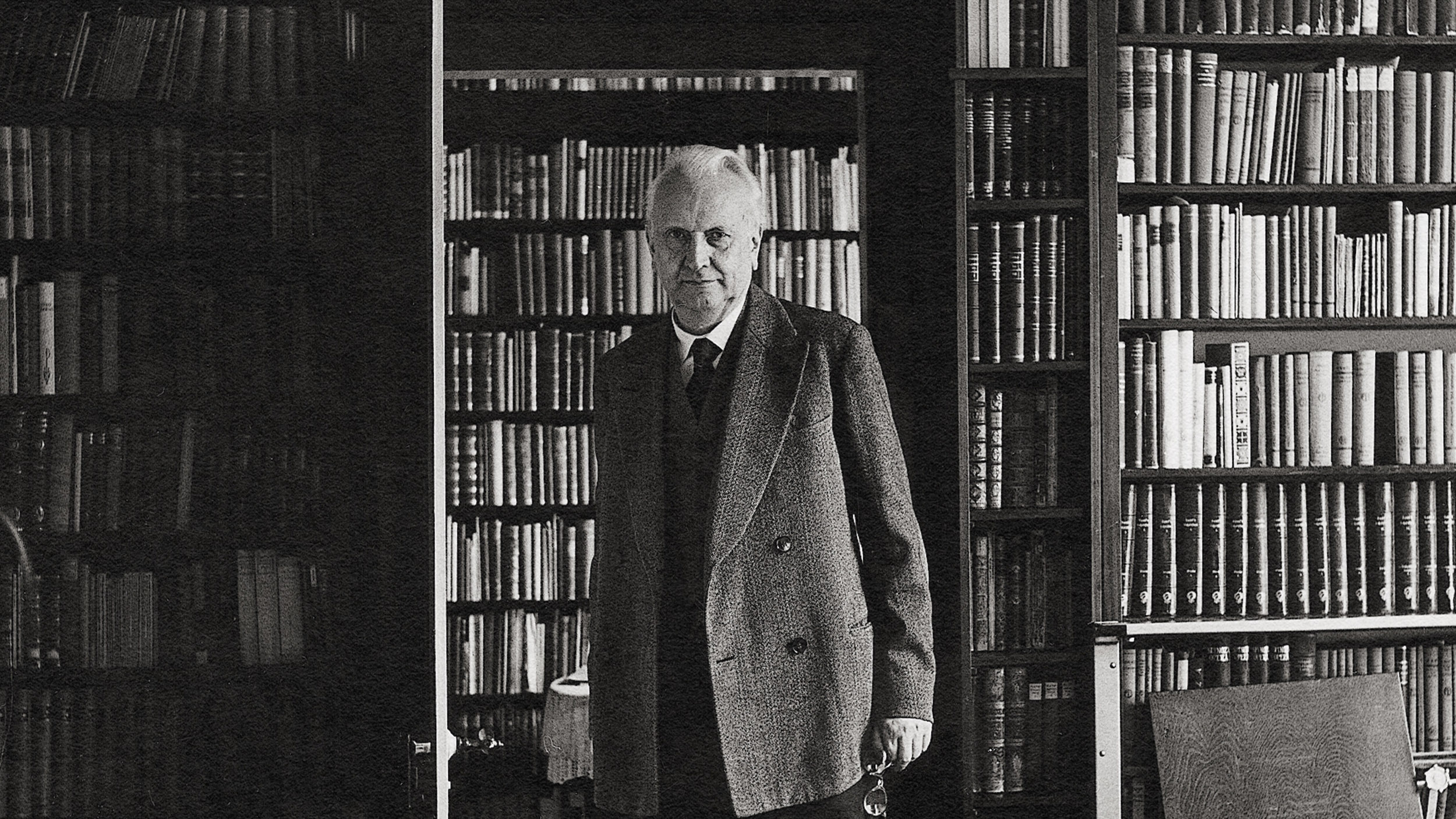Helping people to secure ownership rights and take advantage of the resources around them was a driving force behind Michael Heller’s work in Russia and Latin America.
Question: What inspires your work?
Michael Heller: I’ve been working on these issues about property and ownership for 20 years. I love the stuff. I find it incredibly important. I started working in shanty towns a lot in America, and I saw people who were trying incredibly hard to, like, make their lives better, to educate their kids and have a safe home, and working in the shanty towns I realized that part what they were missing was a decent legal system that they could rely on that would help them have some control over the resources around them, the ownership of the places that they were living, and that got me started. Working in Russia was very much the same way. It was, here’s the people who really want to make a change, and I was so excited to be part of that, to be part of that transformation towards really giving people the hope that they could create a better life for themselves. So, for me, that notion that you can use ideas to help people make their lives better is just incredibly exciting. When they published law review articles, they got, you know, law reviews get read a little bit, and I’ve been thinking what it is for a long time, so when I thought about this book was I want to write a book that is in plain English and has no equations, that’s fun and entertaining and makes clear some ideas that are really useful. So, the book was written basically for people who, you know, who enjoy [popular] economic, who like to think about the economy, who are interested in assembling resources for everyday, for positive change, who are sort of interested in the hidden mechanisms that drive everyday life.
Question: What inspired your initial work in shantytowns?
Michael Heller: I think those choices early in my career were driven in large measure by a sense of the privilege that I had coming… I traveled a lot as a younger person, and seeing the disparity between how I live as an American and how people lived in other countries, and that, the disparity was sobering but also made me realize that I had a huge amount of, A) privilege in how I lived, but, B) opportunity to maybe make some of the translation between the system that I understood and systems that I could perhaps, you know, in some very small way, make a dent on. Over the course of my career, I’ve moved less and less from doing work in the field in some individual shanty town or with some federal government and more and more to thinking of the real contribution that I can make or I hope to make is to have small ideas, simple ideas that actually can be really helpful for, to empower people generally out in the world, to make their lives a little bit better. That’s the hope.





